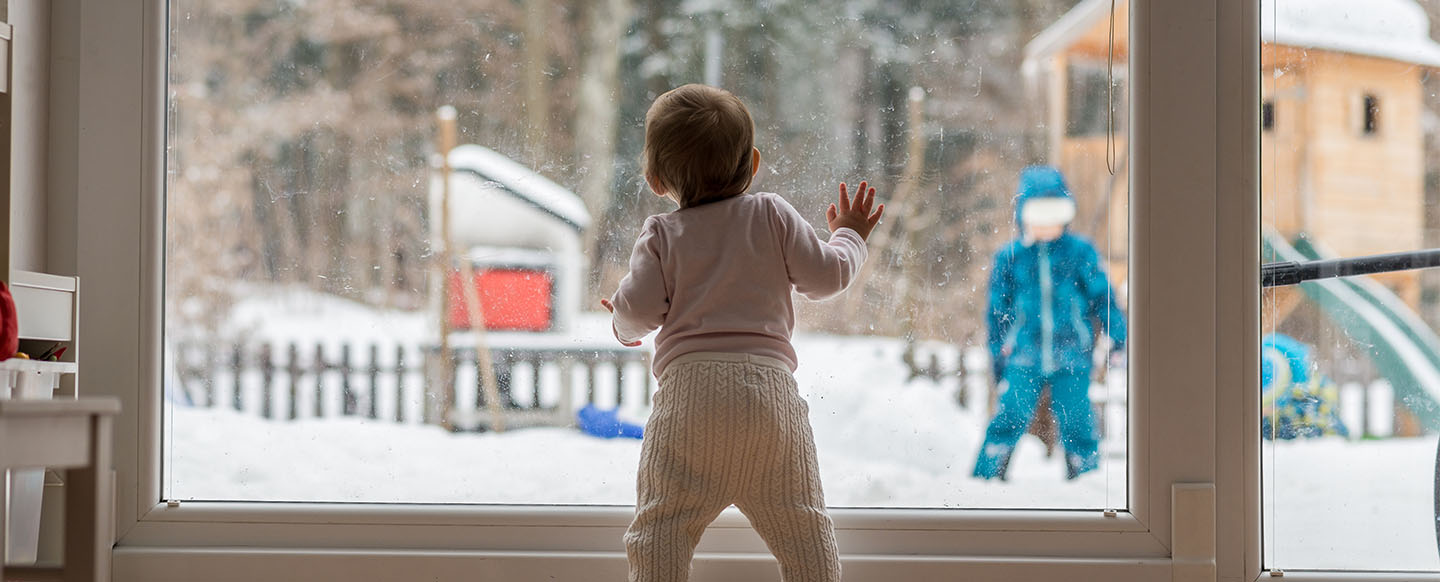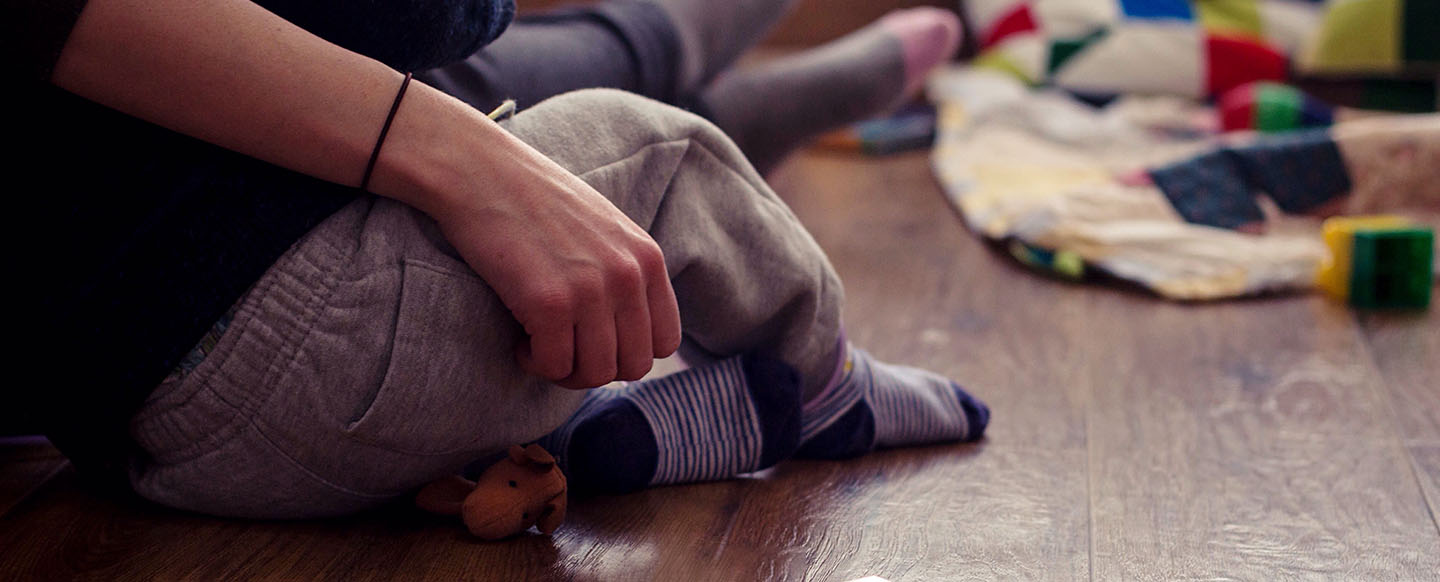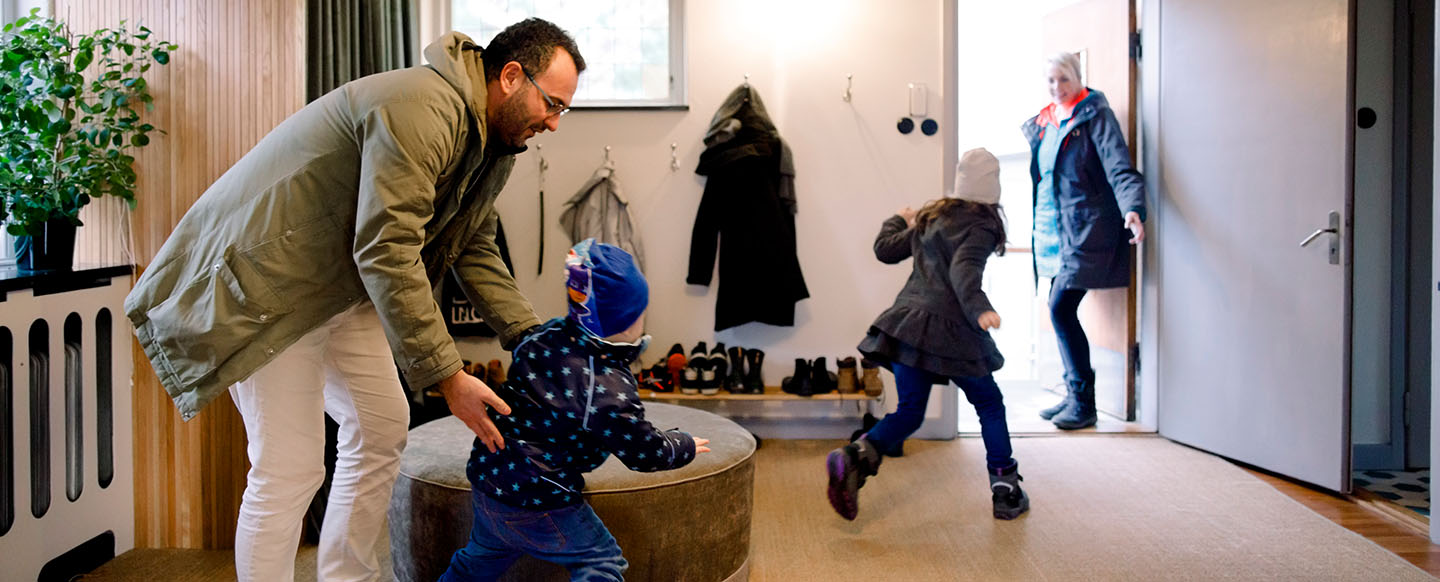Why is my bill so high?!
12 easy tricks to keep winter home costs down
Can you hear it? Gasps across BC ringing in the air as each one of us receives our first winter heating and energy bills. Yes, we’re all too familiar with the feeling of dread when we see those skyrocketing costs. It’s all understandable though—snow, ice, rain, low temperatures, strong winds and less sunlight all present challenges in keeping our homes warm and operating comfortably. Plus, colder weather often turns us into homebodies using more energy than usual—just think about how many TV series many of us will binge-watch this winter.
Well, the high cost of winter isn’t completely out of our hands. With a little bit of preparation and adjustments, we can keep our winter costs down and still enjoy the season. Take these easy steps around your home to help keep the cold out and have you using less energy this winter (bonus: you’ll save money, too!).

- Seal windows and doors. Check gaps between siding and window or door frames. If they’re bigger than the width of a nickel, you'll need to reapply exterior calk or weather stripping. Shrink-wrap or clear plastic films installed on windows are a quick and inexpensive way to keep heat in. You can also keep window curtains or blinds closed when it’s dark outside to prevent heat from escaping and keep cold air at bay.
- Close unused fireplaces. If your home has a fireplace that you aren’t using, be sure the flue is closed, and a fireplace cover (like glass doors) is in place to minimize heat loss.
- If you're using a portable heater, ensure it's a ULC- or CSA-certified unit. Practice fire safety measures by keeping your heater at least one metre away from anything flammable like walls, furniture, papers or curtains. Plug the unit directly into the outlet rather than an extension cord and never leave it running unattended. Choose a portable space heater that has an automatic safety shut off switch that will turn off if it tips over or overheats.
Since portable and backup heaters can increase the risk of fire, you need to use them safely and be properly insured. Speak to one of our insurance experts about BCAA Home Insurance or review your policy to ensure you have the right kind of coverage for any extra heating system(s) you plan to use. - Learn to love socks. In particular, if your feet are cold, your whole body will feel cold. So, it helps to wear socks in the house and layer up with a cozy sweater rather than cranking up the heat. For all your comfy clothing needs head to Roots where BCAA Members can shop online and earn 4% in CAA Dollars®.
- Use heat- and energy-saving house materials. If you’re in the process of renovating or building, choose insulation with a high R-value for your basement and particularly the attic. Heat rises, and a well-insulated attic will help keep heat from escaping. If you’re getting ready to replace your windows, consider installing energy-efficient windows that have low-emissivity (low-E) glass, gas-filled glazing or insulated spacers.
- Switch to energy-saving light bulbs. LED bulbs use up less energy, yet still emit a good amount of light.
- Use heating and light only when you need them and control them with smart systems. Turn off lights in rooms you’re not using and turn down the heat whenever you leave your home for several hours. Most smart thermostats and lighting systems let you program more intricate schedules and let you control them remotely. Some smart systems can also detect your activities or when you leave the house and then make adjustments to your heating and lighting. Check out smart home gadgets at retailers like The Source where Members save up to 20% in-store or online.
- Lower your water heater settings. You likely won’t notice a huge difference if you turn the temperature down just a few degrees. This move can knock quite a bit off your heating bill.
- Don’t use hot water for laundry. Using cold water in your washing machine is an effective way to reduce your energy consumption. And, hanging clothes to dry can also cut energy costs down. If you're using a dryer, keep lint traps clean to ensure the appliance is running efficiently. If you’re thinking about buying, consider switching to an energy-efficient washer and dryer.
- Unplug small electronics and appliances when not in use. A plugged-in coffee maker, toaster or hair dryer for example uses energy even when it’s not being used. These small costs can add up each month.
- Consider energy-saving appliances and electronics, starting with your refrigerator. If you’re getting ready to buy, invest in appliances and electronics which meet the newest Energy Star® certification criteria. Consider replacing refrigerators and freezers first as they’re two of the most energy-consuming appliances. Check with your heating and energy provider to see if they offer any rebates for energy-efficient upgrades. Check out the directory by Natural Resources Canada for ENERGY STAR rebates and incentives opportunities.
- Use clean filters in your heating system and keep the unit well-maintained. Dirty filters can make a heating system work inefficiently which leads to higher heating costs. Ensure filters are clean and replace them every three months. Have a heating professional check your heating unit to ensure it’s working efficiently. Electric and oil heaters should get professional attention at least once per year and gas heaters every other year.
Keep the cold out and the heat in

Use less energy without the big sacrifices

In addition to keeping your home energy costs down, learn about other precautions you can take to prepare your home for winter conditions to help minimize costs and prevent damage from winter-related leaks, water backups and flooding. Use the BCAA Winter Plumbing Checklist.







